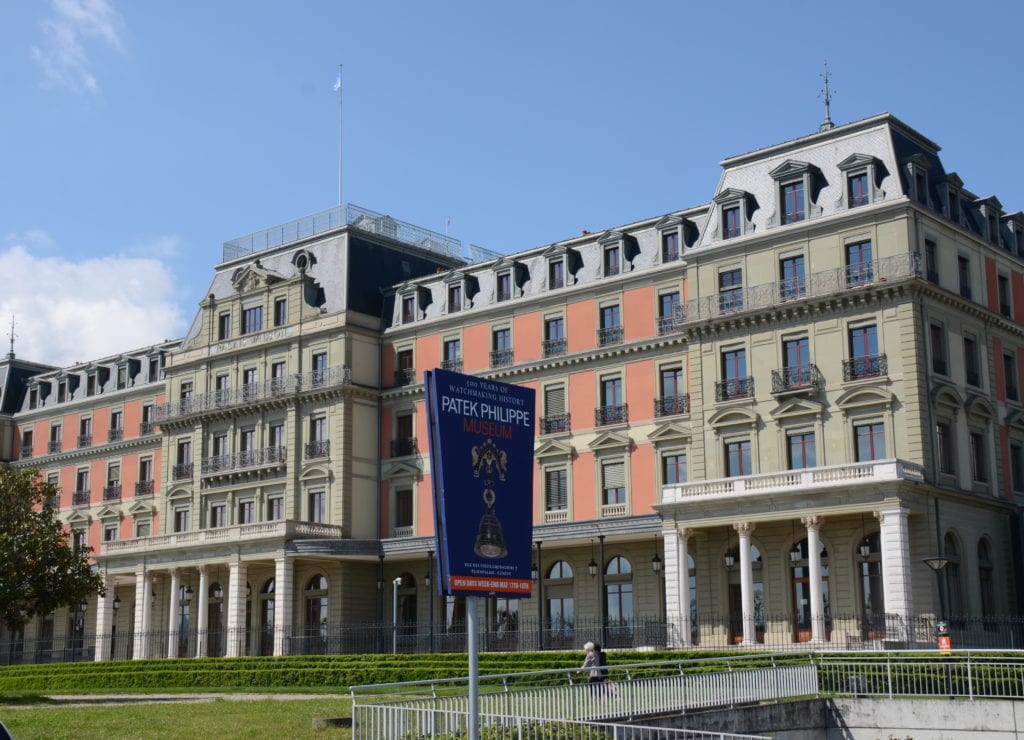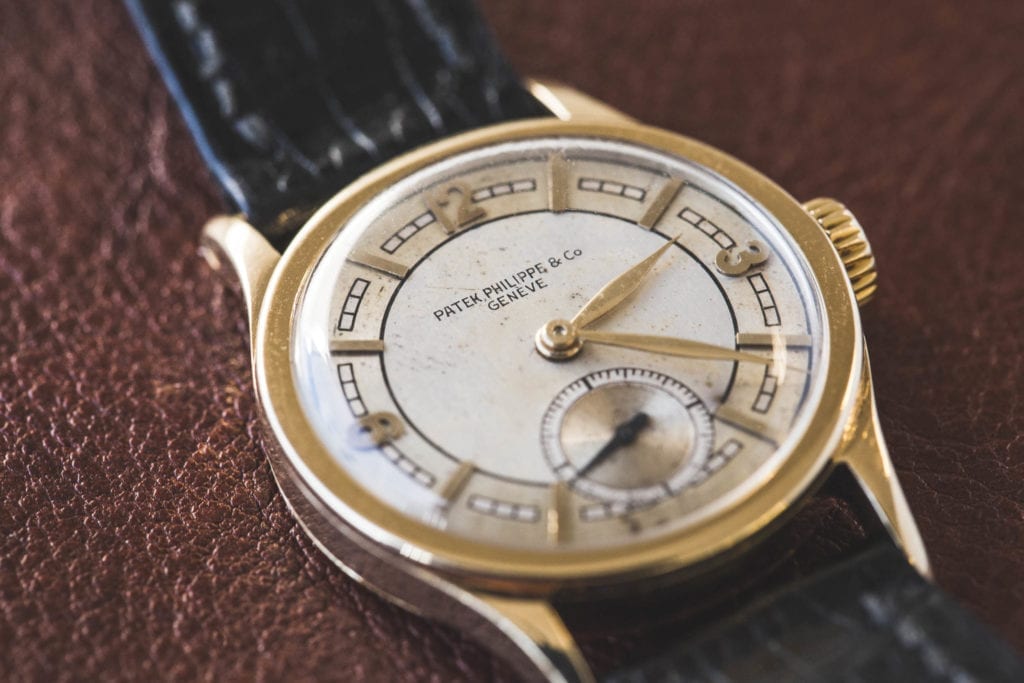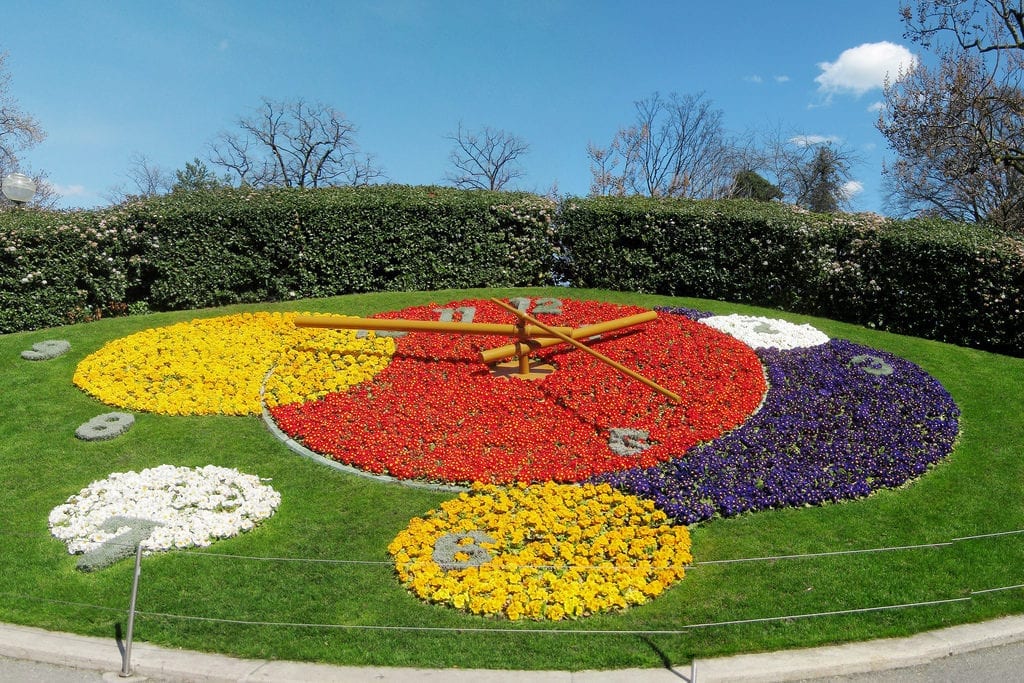Beginnings in Geneva: Trading in Jewels for Timepieces
Today we know Switzerland as the mecca of watchmaking with Geneva being one of its most important watchmaking cities. Before Geneva became synonymous with watchmaking, it was a powerful jewelry-making empire. As early as the fifteenth century, goldsmiths were making enameled jewelry in Geneva. However, by the mid 1500’s, jewelry production in Geneva had abruptly come to a halt. The religious reformer John Calvin, of his namesake faith Calvinism, viewed jewelry as a form of idolatry. He banned the making and wearing of jewelry in Geneva. As a result, artisans had to find new ways to use their skills. Many of them took up watchmaking, and the history of the fine art began in Geneva.
Rapidly Expanding the Watch Industry
Religious flux within Switzerland wasn’t the only thing that brought watchmaking skills to Geneva. Around the same time, a number of French Protestants fled persecution in France and brought their watchmaking skills. In 1601, the Foundation of the Genevan Corporations of Watchmakers formed, offering apprenticeships to become a master watchmaker. As a result, there were around 600 master watchmakers residing in Geneva by 1760. Within just three decades, Geneva was exporting more than 60,000 watches each year.

PHOTO CREDIT WIKIMEDIA COMMONS
The late 1700’s were also a period of uncertainty for the burgeoning Swiss industry. The French Revolution disrupted production, and other cities tried to rival Geneva as they worked to reorganize their manufacturing facilities. Europe was also in the midst of the Industrial Revolution. This led to the first mechanization of watchmaking, which created a divide within the industry. Some were in favor of transforming production with new technologies while others stood rooted in handcrafted watchmaking traditions.
Becoming a Trademark of Precision and Quality
The challenge of industrialization continued into the 1800’s. More and more competitors threatened the Swiss market, this time outside of Europe in America. However, compared to other European countries, like France and England, Switzerland began to embrace mass-production more readily. As a result, they were able to remain competitive in an ever-shifting industry. In addition, the Swiss developed a more efficient division of production. Though cities like Geneva were more populated and urban in nature, they weren’t as concentrated as other European cities. Switzerland had a uniquely decentralized makeup, comprised of a number of small city centers. Within each, different firms would manufacture different watch parts. Then, larger companies, such as those based in cities like Geneva, would assemble and sell the finished timepieces.

Another major moment in Geneva’s watchmaking history came in 1886. That year, the Geneva seal gained legal status. This prestigious mark was the first tangible symbol of the unparalleled quality one could expect of timepieces produced in Geneva. In order to receive the seal, manufacturers had to submit their watches to the city’s namesake watchmaking school for inspection.
Modernizing and Adapting to the Rise of Wristwatches
Soon after, the watch industry experienced one of the largest shifts in its history. WWI spurred the transition from the pocket watch to the wristwatch. Prior to the war, people considered wristwatches to be ladies’ jewelry items. However, the brutality of trench warfare necessitated the use of wristwatches. Following the war, wristwatches gained a new reputation, one associated with the ruggedness and bravery of military personnel. Once again, manufactures in Geneva had to adapt.
Between the two world wars, watchmaking in Geneva continued to evolve. Industrialization persisted and larger factories began to drive smaller workshops out of business. This industrialization also led to changes in the Geneva Watchmaking School, spurring them to modernize their teaching approach. Additionally, the development of trade started to grow in Geneva. As a result, the city began to transform from a production center to a sales center. This transformation ultimately solidified Geneva’s place as the world capital of luxury timepieces after WWII.
Geneva Today: Preserving the Value of Luxury Watchmaking
Following the Second World War, watchmaking peaked in Geneva. However, many of the firms that thrived no longer exist today. After several decades of success between 1945 and 1975, the watchmaking industry experienced its next major shift: the quartz crisis. The quartz craze undeniably rattled the watchmaking industry at large. However, it ultimately allowed the luxury facet of the industry to fully emerge, including haute horlogerie. Those companies who were able to fare the Quartz Crisis grew stronger than ever, many of whom resided in Geneva. It gave rise to a new marketing strategy, emphasizing history and tradition.

A working clock and floral display in Geneva, photo credit: Flickr
Today, we continue to see this focus from watchmakers in Geneva and throughout the industry. In the face of modern challenges, like the rise of the smartwatch, the luxury watch industry stays firmly rooted. They continue emphasizing in the value of the art form. A vast majority of major luxury watchmakers, including Patek Philippe and Rolex, remain headquartered in Geneva and the surrounding areas. Hundreds of years later, this historic watchmaking city is stronger than ever.
Get More Articles Like This in Your Inbox
We're constantly creating great content like this. So, why not get it delivered directly to your inbox? By subscribing you agree to our Privacy Policy but you can unsubscribe at any time.






